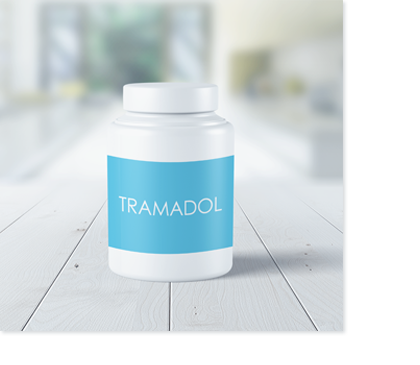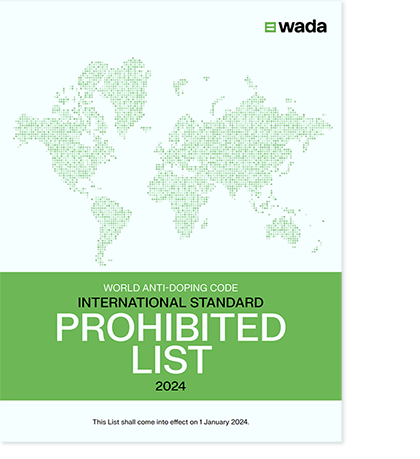Menu
 Back
Back
1 December 2023
Tramadol is a synthetic opioid pain medication used to treat moderate-to-severe pain. It is sometimes used to treat pain due to sports injuries in athletes. It is in the category of “Narcotics” on the Prohibited List.
Tramadol is available in many different formulations, and is sold under many various brand names in different countries. Examples of brand names include: Tramal, Tramedo, Tramake, Zydol. Many other brand names exist and so athletes should check with their doctor or pharmacist what brands are prescribed in their own countries.

The World Anti-Doping Agency (WADA) has a group of experts that decides which substances are to be included in the Prohibited List. For a substance to be placed on the Prohibited List it must meet two of the three following criteria:


Recent studies have confirmed the potential to enhance physical performance in certain activities. Read one of the studies here: Is tramadol a performance enhancing drug?
Tramadol use has potential health risks for athletes. It can result in serious side effects, which include addiction and physical dependence, seizures and decreased alertness.
Use of tramadol is also against the spirit of sport.
Curious to know more about the rational behind the decision to prohibit tramadol or other substances in-competition? See page 4 of this document, WADA’s Summary of Major Modifications and Explanatory Notes.
Tramadol is prohibited during the in-competition period unless the Athletes have a Therapeutic Use Exemption (TUE).
What is the In-Competition period?
The in-competition period usually begins at 11:59pm on the night before competition, but always check your International Federation’s (IF) Anti-Doping Rules.
Is there a washout period for tramadol?
Tramadol is prohibited during the In-Competition period (which starts from 11:59 pm the evening before your competition). If you require tramadol for a medical reason during the In-Competition period, you must apply for a TUE.
Based on excretion studies, WADA has stated that the washout period for Tramadol is 24 hours. This is the time it should take after the last therapeutic dose for tramadol to get out of your system to a level that should not result in a positive test (also known as an Adverse Analytical Finding). If you need tramadol for a medical reason close to the 24 hours before the In-Competition period, be aware that you may test positive for tramadol, and may need to provide medical records to explain this if you do and request a retroactive TUE. For this reason, it is important for your doctor to keep accurate records of the dose and time of tramadol administration.
Sometimes tramadol is required to be prescribed and administered to athletes for the urgent or emergency treatment of pain, such as when a severe, painful injury occurs during sport. When required for urgent or emergency treatment during the in-competition period, a Retroactive TUE should be applied for. It is therefore important that your doctor keeps good medical records of tramadol administration as it will be needed for this purpose.
Tell your doctor that tramadol is banned in-competition in sport. Ask them to consider your treatment options and possible alternatives.
If you require tramadol for your condition, ask your doctor to support you in submitting a TUE application. This may be a “Retroactive TUE” if tramadol was needed urgently for emergency treatment.
Understand the process around TUEs and whether you need one. Make sure you follow the necessary steps and have the required medical documentation. The ITA Athlete Hub is an excellent resource for more information on these topics.
The consequences of a positive test for a substance on the Prohibited List can be wide-ranging, with potential serious adverse effects to your health, sanctions from competing in your sport which will impact your sporting career, social and family network and potentially your finances. More precisely, the presence of Tramadol in a sample provided in-competition, for which a TUE is not granted, leads to a period of Ineligibility which may go up to two years and disqualification of competition results.
You can find two interesting webinars on the ITA YouTube channel about the consequences of doping. Check out this playlist, or watch them directly below